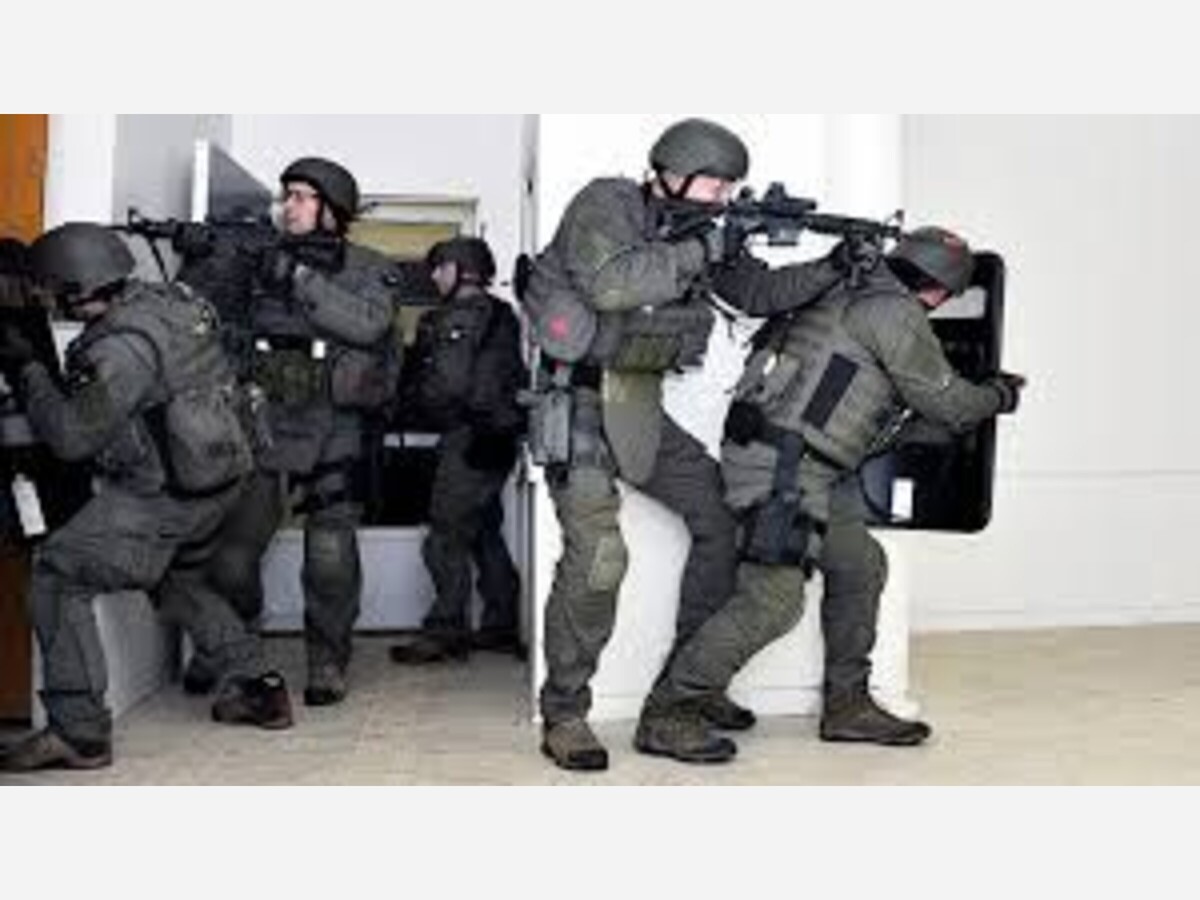Image


A wave of national attention is focusing on the issue of "wrong house raids," as the U.S. Supreme Court prepares to hear a pivotal case that could reshape legal accountability for law enforcement mistakes. The case, Martin v. United States, centers on a 2017 incident in suburban Atlanta, where an FBI SWAT team mistakenly stormed the home of Trina Martin, her partner Toi Cliatt, and Martin’s seven-year-old son, Gabe, while searching for a suspect who actually lived on a different street, at a different address, just a block away.
The raid unfolded in the predawn hours, with agents detonating a flashbang grenade and breaking down the family’s front door. Inside, Toi Cliatt was handcuffed at gunpoint, and Martin was separated from her son, who cowered in his bedroom as armed agents swept through the house. The agents only realized their mistake after interrogating the family and learning their address. They quickly left to raid the correct home, leaving behind property damage and lasting psychological trauma. The lead agent later returned to apologize, but the family’s attempts to seek compensation from the federal government were rebuffed.
Under the Federal Tort Claims Act (FTCA), Congress in 1946 allowed private citizens to sue the federal government for wrongful acts by its employees, and in 1974 specifically amended the law to ensure victims of wrong-house raids could seek redress. However, lower courts have interpreted exceptions to the FTCA in ways that have blocked families like the Martins from holding the government accountable. The 11th Circuit Court of Appeals ruled that the agents’ actions fell under a “discretionary function” exception, effectively granting the government immunity and leaving the family without a remedy.
The Supreme Court’s decision to hear the case has drawn broad support from across the political spectrum, including bipartisan members of Congress who argue that the lower court’s interpretation nullifies the very protections Congress intended to provide. Legal experts and advocacy groups contend that if the government cannot be held liable even when agents raid the wrong home—despite clear evidence of error—then the FTCA’s protections are rendered meaningless.
The Martins’ case is not isolated. Across the country, families have reported similar traumatic experiences: SWAT teams bursting into the wrong homes, sometimes based on faulty information or failure to verify addresses, leaving behind not just property damage but deep psychological scars. In Denver, a family’s apartment was raided while officers searched for a suspect who lived across the hall. In North Carolina and Texas, other families have filed lawsuits after being mistakenly targeted, only to see their cases dismissed due to legal immunities or procedural hurdles4.
As the Supreme Court prepares for oral arguments, the outcome could have sweeping implications for police accountability and the rights of innocent Americans caught in the crossfire of law enforcement errors. At stake is whether victims of wrong-house raids will have a clear and viable path to seek justice—or whether government agencies will remain shielded from liability, even in cases of egregious mistakes. The Court’s ruling, expected later this year, is poised to set a critical precedent for the balance between public safety and civil liberties in the United States